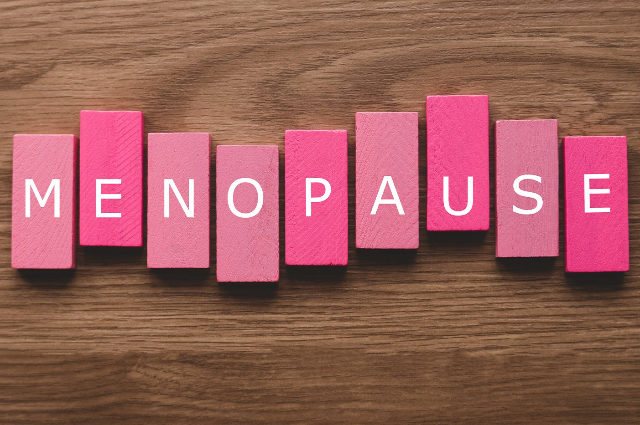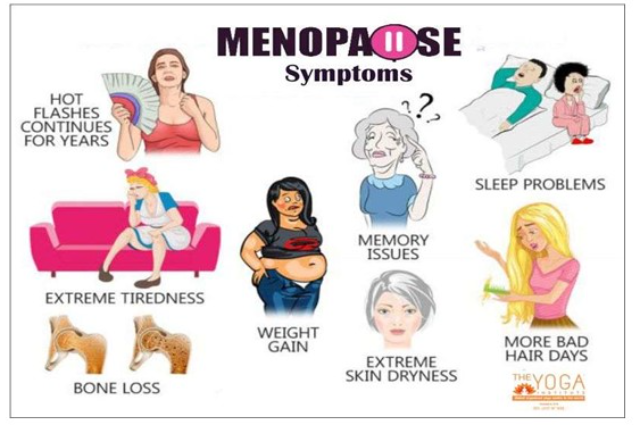Menopause is the time that marks the end of your menstrual cycles. It's diagnosed after you've gone 12 months without a menstrual period. Menopause can happen in your 40s or 50s, but the average age is 47 in India. Menopause is a natural biological process. But the physical symptoms, such as hot flashes, and emotional symptoms of menopause may disrupt your sleep, lower your energy or affect emotional health. There are many effective treatments available, from lifestyle adjustments to hormone therapy.
The climacteric syndrome involves a variety of symptoms such as profuse sweating, insomnia, memory loss, decreased sexual drives, joint aches, and anxiety. However, amongst these symptoms, hot flashes and sweats are generally considered the hallmark and result in the majority of the medical consultations for this condition.
Its found in the ideal setting of clinical trials, with optimal patient selection and compliance, estrogen therapy reduces hot flashes by about 70-80%;
- Hot Flush: A hot flush is a sensation of heat involving the whole body and may be associated with redness and sweating.
- Night Sweats: Night sweats are episodes of profuse sweating at night, either alone or just after a hot flush. These symptoms range in severity from minor irritation to a major disruption in quality of life.
Causes:
- Oestrogen withdrawal: The cause of hot flushes is not completely understood but is related to oestrogen withdrawal. Declining estrogen levels are thought to impact the brain temperature regulatory center making both sweating and shivering more common. Centrally acting neurotransmitters including noradrenaline and serotonin are believed to be involved.
- Other conditions: Not all hot flushes are due to menopause. Other associated conditions include thyroid disease, diabetes, hyperhidrosis (a condition of excessive sweating which affects 1% of people), anxiety and panic disorders, obesity, hormonally active tumors, chronic infections, and neurological disorders.
However, estrogen is unable to be universally used, either because of contraindications or because of an unwillingness of women to take it. Furthermore, hot flashes may persist in spite of adequate estrogen replacement, Phytotherapeutic extracts are very popular Preparations containing isoflavones, such as soy extract and red clover or extracts from evening primrose or cimicifuga (black cohosh, Actaea racemosa, syn. Cimicifuga racemosa), in variable doses are very popular for the treatment of hot flashes. The scientific support for their efficacy certainly does not equal their popularity
Lifestyle Changes:
Many women will benefit from lifestyle changes, stopping smoking, improving diet, and regular exercise. These do not necessarily reduce symptoms but improve overall wellbeing. Non-hormonal treatments for menopause are not as effective as estrogens in relieving hot flashes but may have a role in therapy for women who have contraindications.


